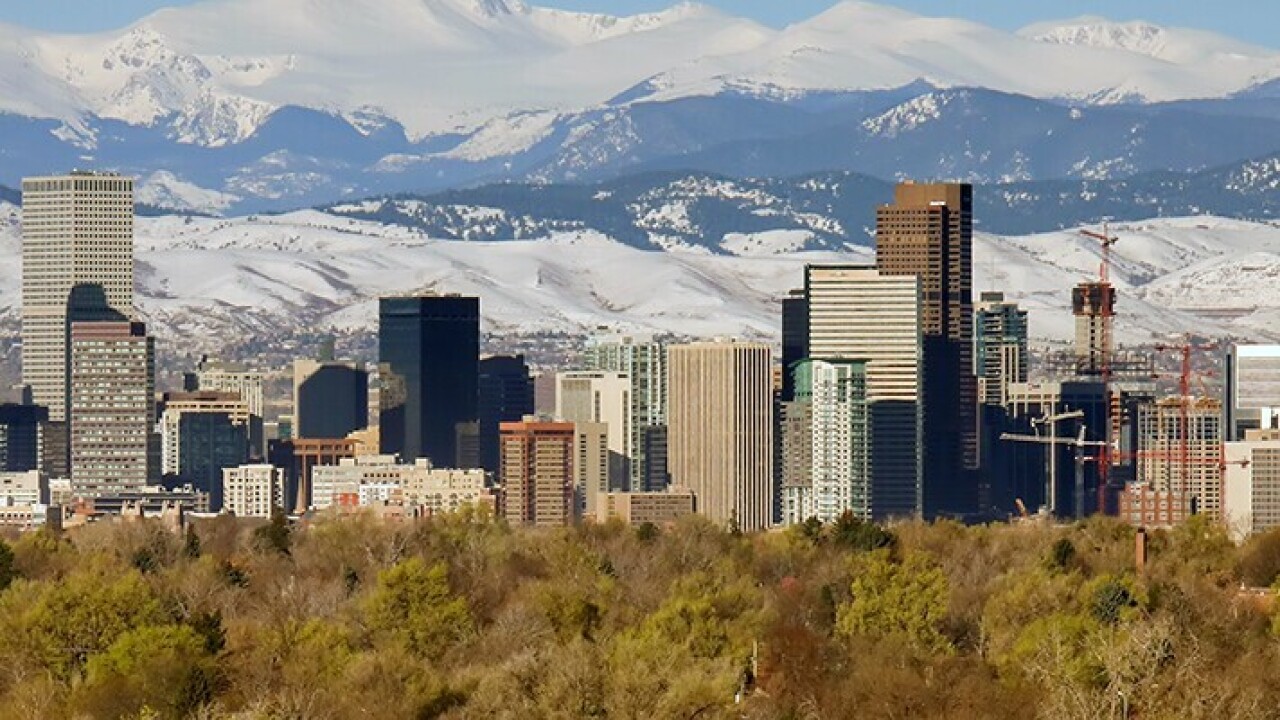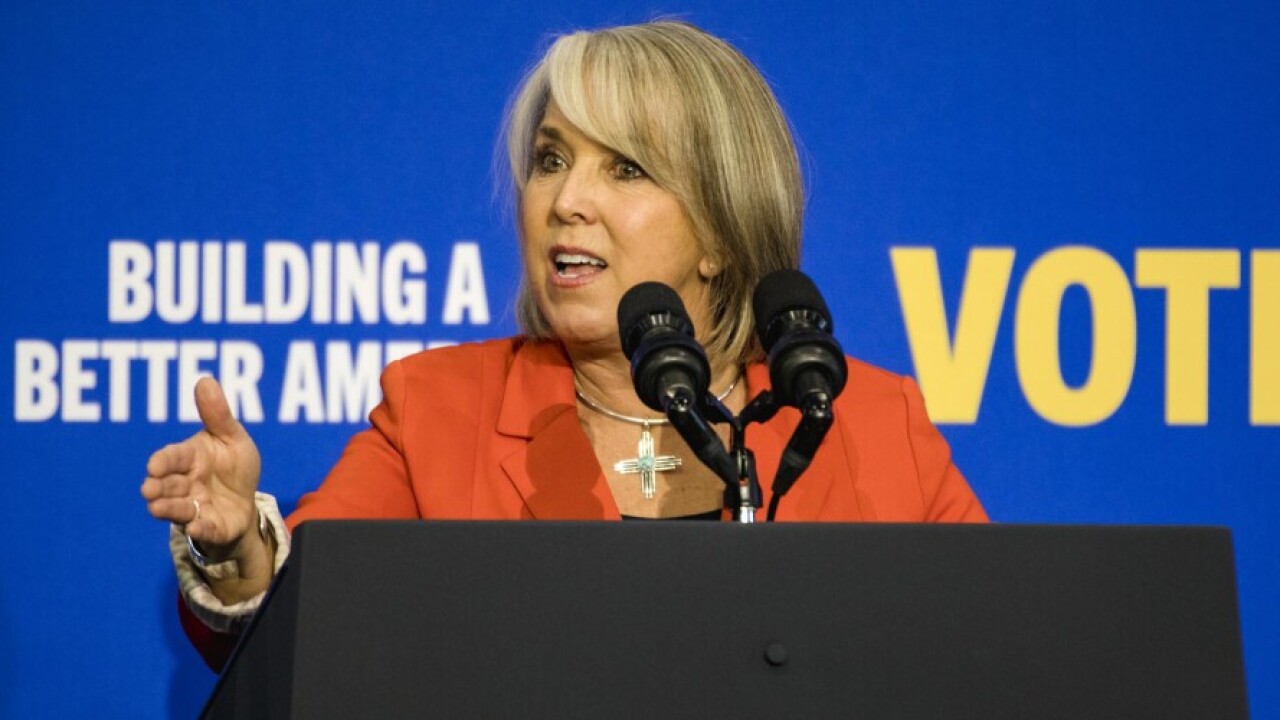SAN FRANCISCO - California will have to balance its budget through deep spending cuts to prevent a looming cash-flow crisis after a request for federal backing was rebuffed by the U.S. Treasury, the state's top fiscal officials told lawmakers Friday.
California Treasurer Bill Lockyer earlier this month asked the U.S. Treasury to use funds from the Troubled Asset Relief Program to back up as much as $15 billion of cash-flow borrowing that California is expected to undertake in the coming fiscal year. Treasury Secretary Timothy Geithner on Thursday told a House committee that TARP doesn't allow the Treasury to back California's short-term borrowing.
"We can expect no help from the federal government," Lockyer said in testimony before the state Legislature's Budget Conference Committee. "Their current view is that they don't have the legal authority under TARP to do it."
That means the state must close a projecteddeficit of $21 billion to $24 billion in its $92 billion general fund before the new fiscal year begins July 1. The state is currently forecast to have less cash available than bills due by the middle of July. The state traditionally borrows to get through this lean part of the revenue cycle, but Lockyer said lawmakers must first craft a budget investors can believe.
"I can't sell a [revenue-anticipation note] until we can show them what the budget for the year is," Lockyer told lawmakers. "At the start, you need to show an honest, balanced budget."
Lockyer isn't ruling out a revenue-anticipation warrant issue - which would defer part of the budget problem to a future year - but he pushed lawmakers to minimize the need for short-term borrowing. If the state can get the amount below $10 billion, the treasurer hopes to issue only Rans, which carry lower interest rates, said spokesman Tom Dresslar. Warrants differ from Rans because they can span fiscal years, enabling the state to borrow one year and repay the money in another year. Rans must be repaid in the same fiscal year.
In February, after months of stalemated negotiations, California lawmakers passed a package of spending cuts, tax increases and borrowing to close a $40 billion budget gap. About $5.8 billion of the fixes - mostly lottery bonds -required voter approval.
Voters rejected the proposals in a special election last Tuesday. The ballot measures' failure combined with rising expenses and falling revenues to create a new budget gap of as much as $24 billion.
Lockyer and state Controller John Chiang, both Democrats, said the state Legislature will have to make painful cuts in public programs in a very short period, and lawmakers of both parties said they were resigned to that fact. Even liberal Democratic lawmakers were discussing slashing government services late last week after being rebuffed by voters in the special election.
"We have seen the single biggest drop in tax receipts since the 1930s," said Senate president pro tempore Darrell Steinberg, D-Sacramento, in a press conference. "We recognize there are going to be very difficult decisions to make, and we also recognize that there are going to be very serious cuts."





